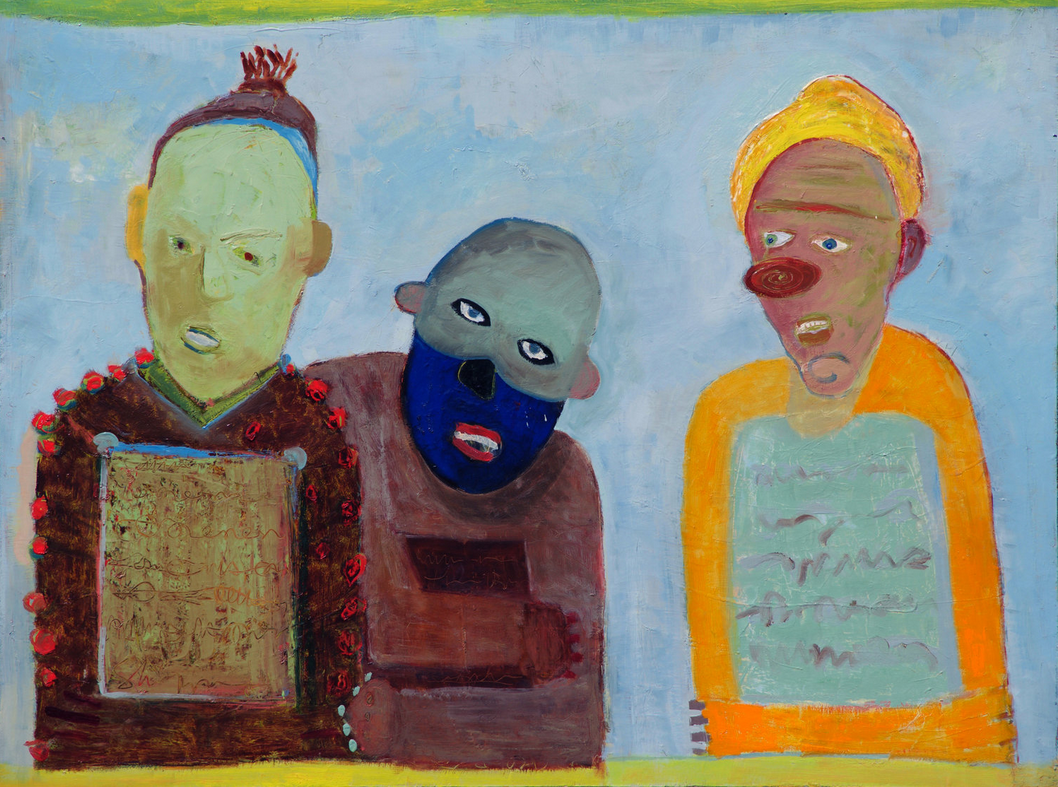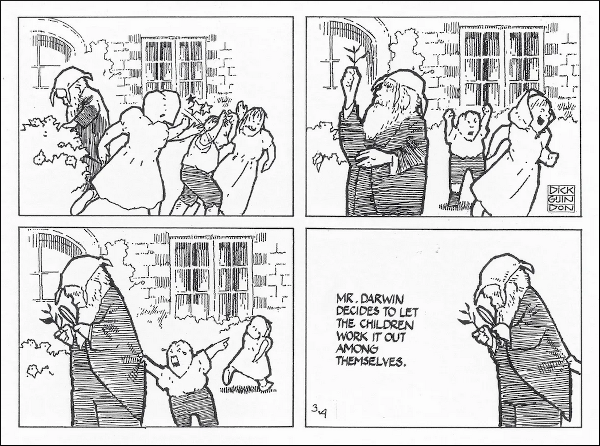Minnesota
Tina and Tammy: Great Lakes Climate Crisis
Contrary to popular belief, just because @SenatorBaldwin and I are on both on the climate committee does not make us the same person.
Here’s us setting the record straight: pic.twitter.com/78a5XIrwWF
— Senator Tina Smith (@SenTinaSmith) August 1, 2019
Tina and Tammy: Great Lakes Climate Crisis Read More »
Social Studies Chapter
Of all the memes I've seen today on social media about the uprisings throughout the United States... This one stole my 💜! Sending revolutionary solidarity from a little island nearby. #Minneapolis #patRIOTic pic.twitter.com/34S9sKsfkn
— Melisa M13 Rivière (@Emetrece) June 2, 2020
Yesterday, my 14-year-old cousin said, “We’re living through a social studies chapter†and I can’t stop thinking about that, about him, about how young people are processing this moment.
— Clint Smith (@ClintSmithIII) June 2, 2020
Social Studies Chapter Read More »
Kim Lockhart 1954-2018
By this time, I suppose, you may have some skepticism about this project. What is my motivation? Is this writing some species of revenge, cowardly pay-back inflicted on a dead man. KJL can’t defend himself from my account of his life, which is, certainly not impartial and, also,necessarily tendentious – certain themes are developed in this essay and the alert reader (hypocrite lecteur) will detect, I suppose, arguments about my friend’s life that the dead man is unable to refute. There are qualities in this prose that were foreign to KJL. If the readers suspects bitterness on the part of this writer, you must understand that my subject was never bitter – indeed, even when gravely ill, he was determinedly optimistic and, as far as I could see, happy with his station in life. Similarly, there may be traces of rancor, even, regret in this chronicle – in many ways, KJL lived the life that I wished for myself. But, as Sartre reminds us, regret is nothing but bad faith – had I wished to live otherwise, I surely had agency in selecting my style of existence. I could have done something else with my life, but didn’t. I never heard KJL ever express any regrets about anything that he had done or left undone.
Simply stated I admired KJL but am well-aware that he didn’t admire me. My accomplishments, such as they were, meant nothing to him, and were meaningless in the context of the world that he made for himself. It can probably be said that I spent half my life admiring KJL and wishing I could be more like him. Of course, I admired his courage, his ability to interact with the widest variety of people without self-consciousness or self-doubt, his freedom, and, even, his powerful physique that impressed women and that defeated men in athletic competition. He was worldly and had a great deal of what people once called savoir faire. By contrast, I tend toward naivety and everything frightens me.
Therefore, it is right to understand that I admired KJL for half of my life and pitied him for the other half. He didn’t want my pity and, if he had known that I felt that emotion, he would have disdained it. Indeed, the last time I saw him, when he was terribly stricken, I asked him to let me buy him glasses so that he could see better. Proudly enough, he rebuffed that suggestion.
This essay has become a burden to me. I wake up in the middle of the night and start ransacking my memory for anecdotes about KJL and, after a few minutes, my recollection comes to life and I am suffocated with thoughts about him. It is as if I am next to a great dismal torrent on which my memories are floating like a froth of scum. I want to seize as many as I can but it’s to no avail. The efforts don’t add up to anything like the man himself.
Last night, I was tormented by these thoughts and couldn’t sleep and, at last, I decided to get up to use the toilet – it is an old man’s curse, an aging urinary tract. When I arose, I felt an awful pain in my right hip. It was as if I had been wrestling with some celestial being and that, as dawn was whitening the horizon, the angel touched a hollow place near the socket of my hip and put it out of joint. The pain was really shocking, worse I suppose because imaginary, and it made me shiver in my bed. But, then, I fell asleep and everything went away.
-- John Steven Beckmann, "On KJL," January 20, 2020.
Kim Lockhart 1954-2018 Read More »






